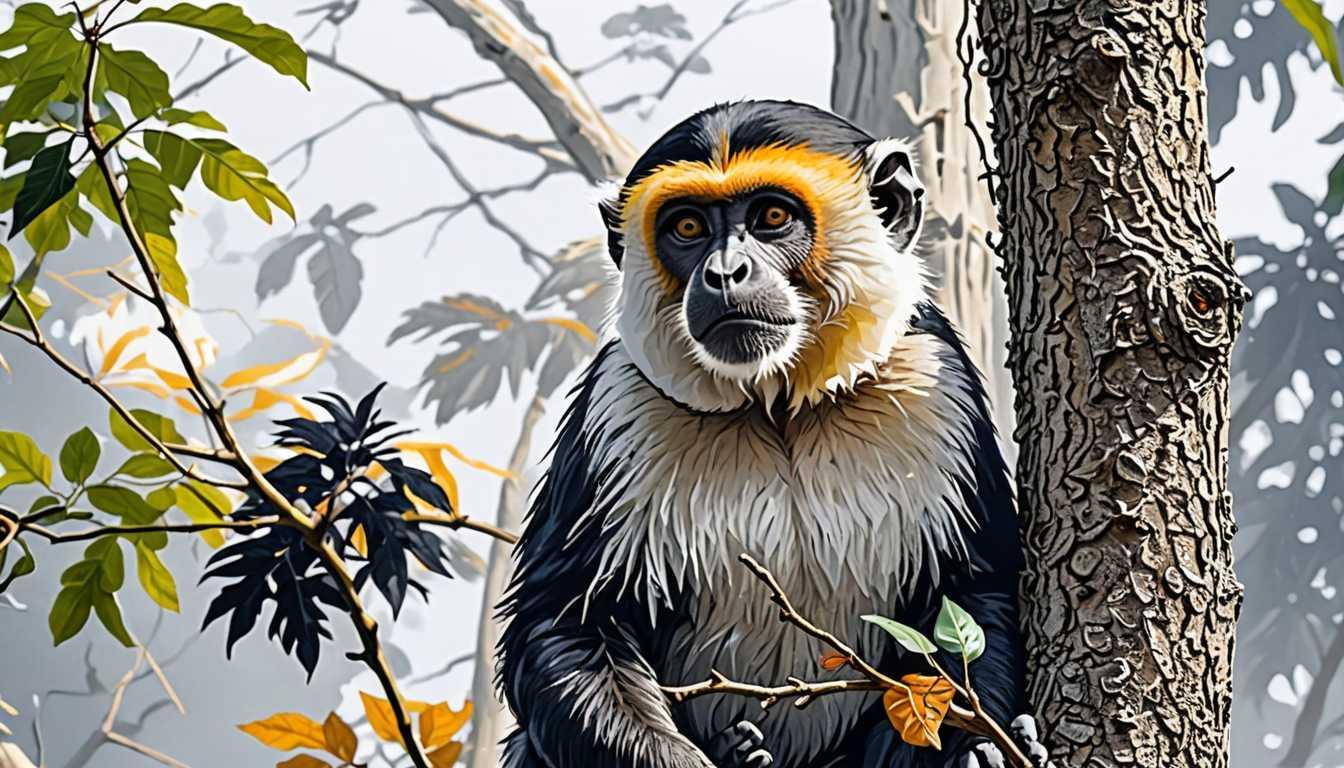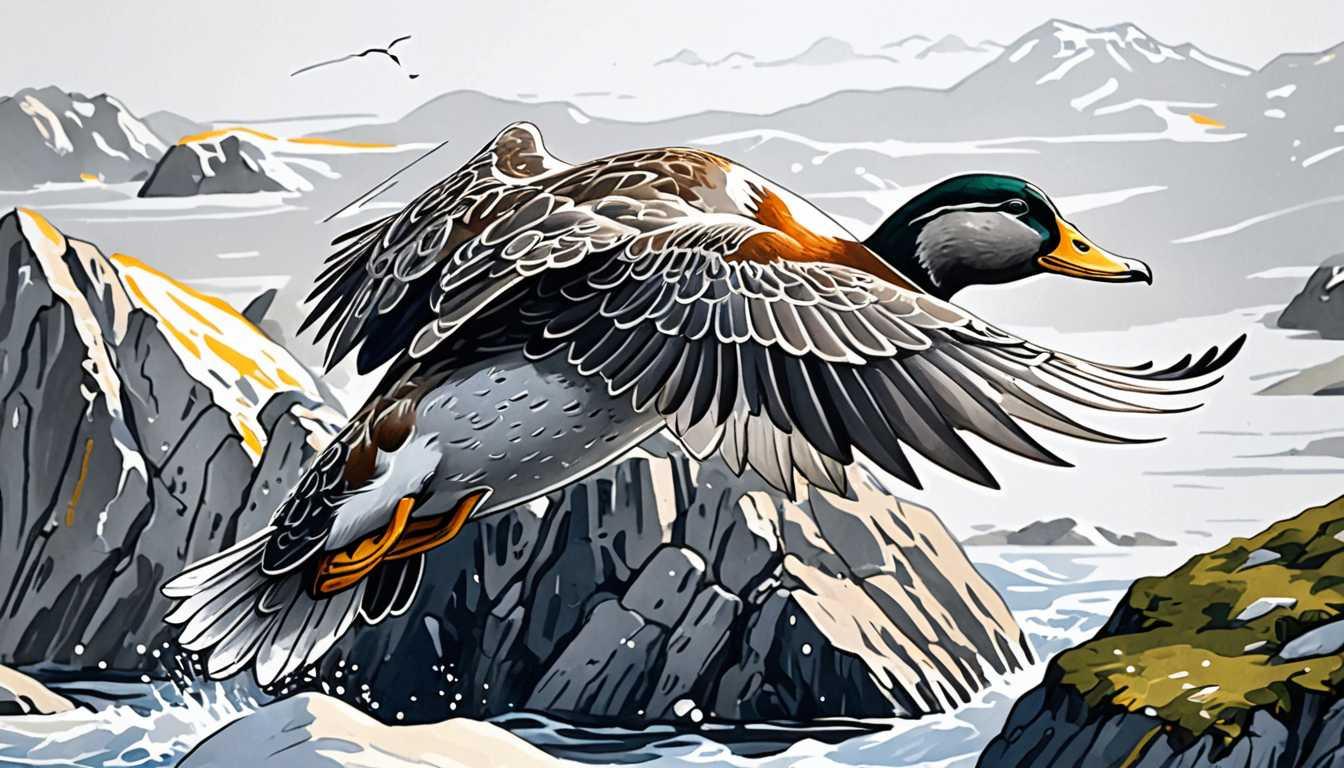Preventing Pandemics: Nature's Way
March 2024
Cornell University
Introduction
Dive into Cornell University's latest revelation: saving habitats could be our secret weapon against future pandemics! This engaging read unpacks how protecting natural areas and promoting biodiversity might stop dangerous pathogens, like those from bats, before they leap to humans. With insights from an international team of scientists, this article offers a fresh take on preventing pandemics by looking at ecological solutions. Who knew bats and biodiversity could be key players in our health?
READ FULL ARTICLEWhy It Matters
Discover how this topic shapes your world and future
Unraveling the Web of Life and Health
Imagine living in a world where pandemics are a thing of the past – sounds incredible, right? The key might lie not in our hospitals, but in our forests, caves, and oceans. Protecting habitats and preserving biodiversity are not just about saving animals; they're about saving us too. When animals lose their homes, they come closer to ours, bringing viruses with them. By keeping their homes intact and their populations healthy, we keep ourselves safe. This isn't just about avoiding the next global health crisis; it’s about creating a world where humans and nature thrive together. For you, this could mean a future with fewer health scares, more stable ecosystems, and a planet rich in life for generations to come.
Speak like a Scholar
Zoonotic Diseases
Illnesses that are passed from animals to humans. Think of it as unwanted gifts from wildlife, often because we've disturbed their homes.
Pathogen Spillover
This happens when a virus jumps from its usual animal host to a new one, including humans. It's like a game of tag, but with germs.
Biodiversity
The variety of life in the world or in a particular habitat. It's the biological version of having choices ranging from A to Z.
Ecological Interventions
Actions taken to protect or restore ecosystems. It's like giving nature a helping hand to heal itself and keep its balance.
Habitat Conservation
Efforts to protect natural homes of animals and plants. Think of it as wildlife real estate management, ensuring animals have their forever homes.
Public Health Equity
Ensuring everyone has the opportunity to achieve their highest level of health, regardless of where they live or what they have. It's about fairness in health for all.
Independent Research Ideas
The Role of Urban Green Spaces in Preventing Zoonotic Disease Transmission
Investigate how parks and green roofs in cities can serve as buffers to keep wildlife and their pathogens at a safe distance, promoting health for all.
Bats and Viruses - A Double-Edged Sword
Dive into the complex relationship between bats, their role in ecosystems, and their capacity to harbor viruses, exploring how conservation can mitigate risks.
Climate Change and Pandemic Patterns
Analyze how shifting climates affect animal migrations and virus transmission, uncovering potential hotspots for future outbreaks.
Traditional Practices and Modern Pandemic Prevention
Explore how indigenous knowledge of wildlife and ecosystems can inform current strategies to prevent pathogen spillover.
The Economics of Pandemic Prevention through Conservation
Assess the cost-effectiveness of investing in habitat conservation versus the economic impact of pandemics, making a case for proactive environmental stewardship.
Related Articles

Plastic Diet: Seabirds' Gut Turmoil
March 2023
MIT Technology Review

Monkeys, Stress, and Surviving Droughts!
January 2025
UCLA Health + Behavior

Underwater Disco: Nature's Pond Party
April 2023
University of Bristol

Cows' Secret to Healthy Teeth
May 2023
Georg-August-Universität Göttingen

What's Swimming in Your Duck Dinner?
January 2025
Cornell News Highlights